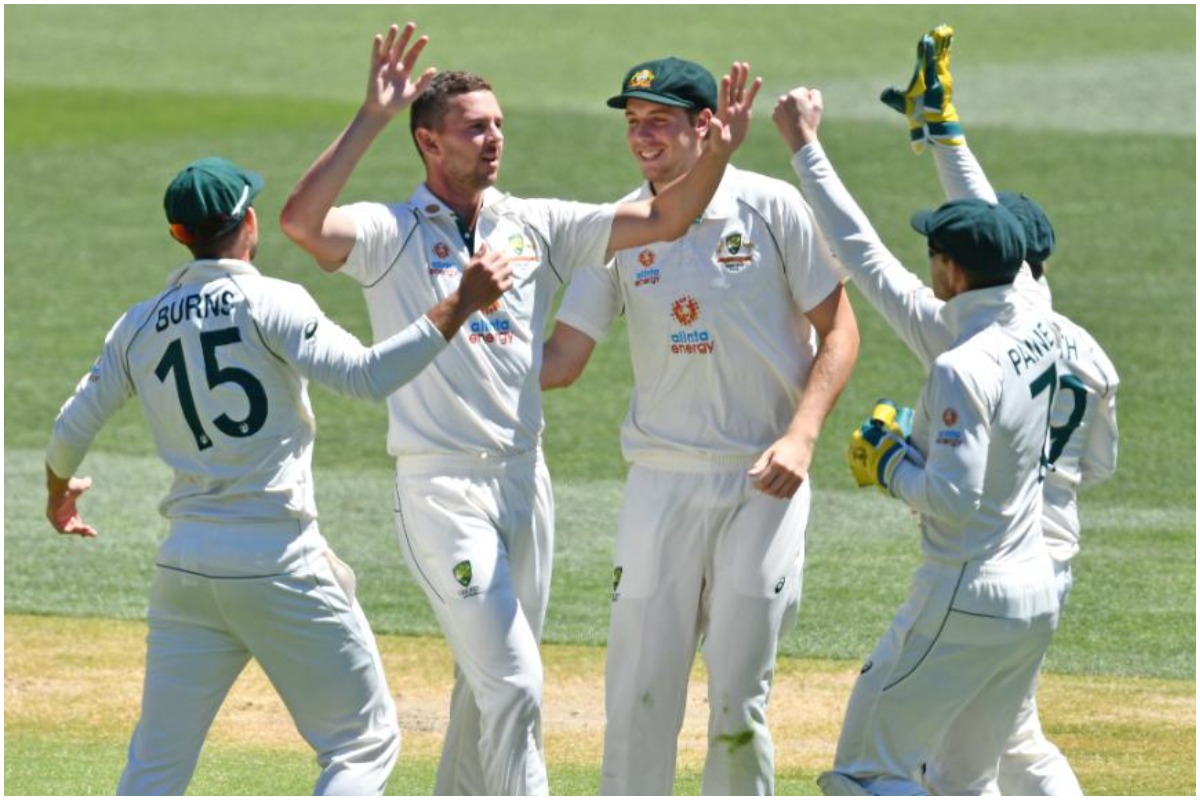Country, county or club, when a successful team of any period comes to be specified as their best-ever, debates break out and go on through the night without a conclusion being ever arrived at. But that has hardly ever discouraged attempts at comparative critical appreciation, the latest example of which is the description of the current Indian Test combination as the finest we have seen. Past masters, not all of them necessarily Indian, have accorded Virat Kohli and his boys the honour, based upon their track record, inclusive of two successive series triumphs in Australia.
It is a never-before achievement, the second one more memorable as it was a very depleted India which pulled it off against a home team which, affronted the first time around, pulled out all the stops. We had drawn serialised contests in Australia previously but what the curent lot distinguished themselves by went a long way farther. And when India go up against New Zealand in the World Test Championship final, they will certainly not be looked upon as getting above themselves should they win. Truth to tell, anything short of a victory in the one-off match will be deemed a disappointment of gigantic proportions. To say this is not to imply, somewhat slyly, that we must not forget how New Zealand won a WTC home series against India, any more than it is anybody’s case that the subsequent full series in England could be yet another banana skin, not least because Blighty griped about quite a lot of things when losing the Test series here recently.
Advertisement
The fact that India are nowadays widely expected to win on the road is a giant step ahead, but without there being any question of the 1971 double ~ in the West Indies and England ~ under Ajit Wadekar coming to be forgotten about. The fact of the matter is that Indian cricket has evolved down the decades to reach a point where the team is now the world’s pre-eminent exponent of the art and science of the game, each preceding generation of cricketers having done its bit in the continuous process of the development that has underpinned a collective ambition to supersede, some day, the forces that have left us humbled often in days gone by. Today’s swashbuckling opener owes a lot to Sunil Gavaskar’s technical finesse: he gave us the confidence to stand up to firebreathing fast bowlers.
And today’s crop of fast bowlers might never even have emerged if Kapil Dev had not ignited the aggressive instinct in us as he steamed in, the smoothness of his action still a lesson for his successors to take.
Ravichandran Ashwin was recently quoted as saying that he had gone through last year’s lockdown watching videos of India’s famous spin quartet, picking up things that were to prove invaluable. We may know more than the past but it is the past that we know.











